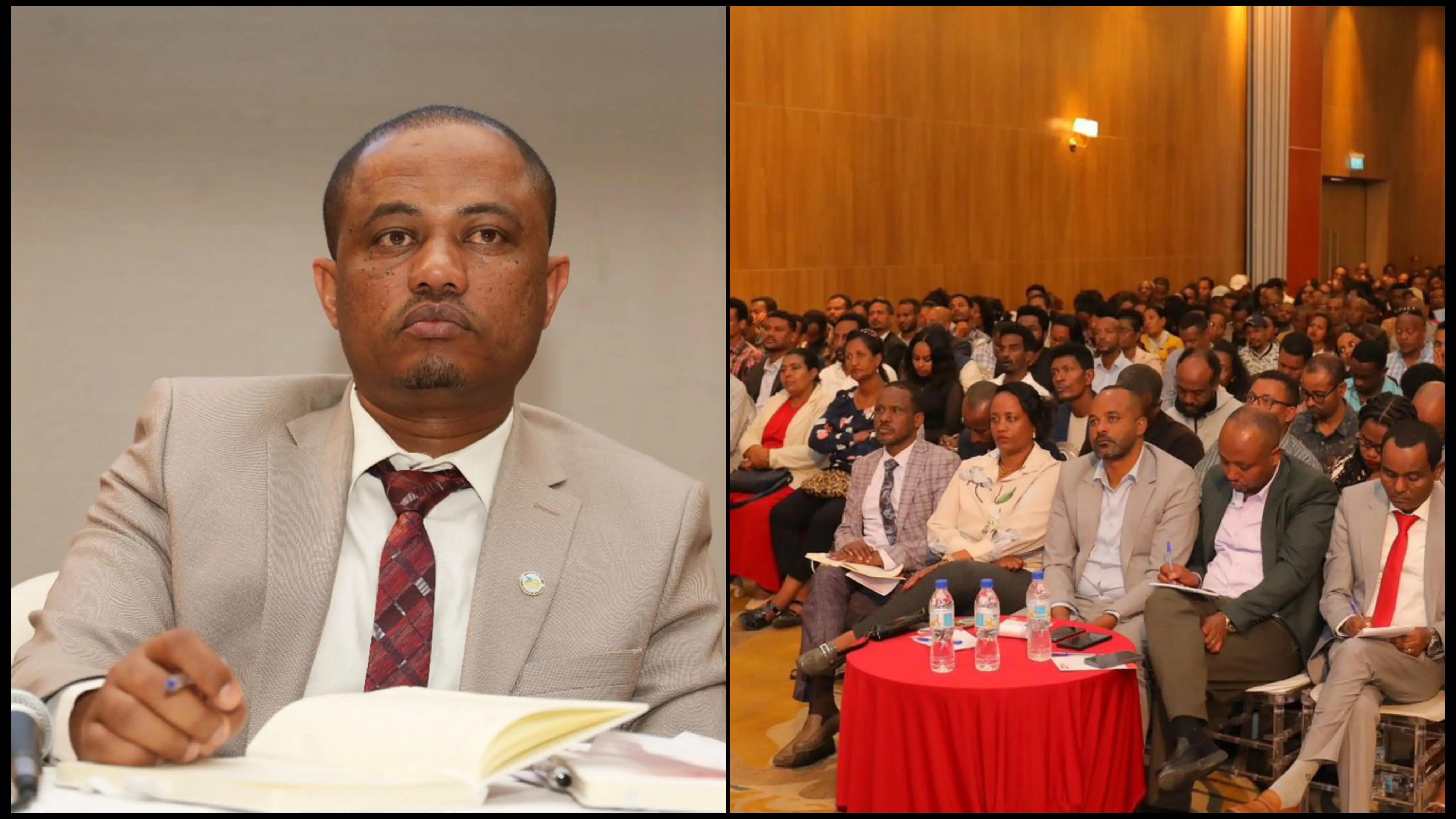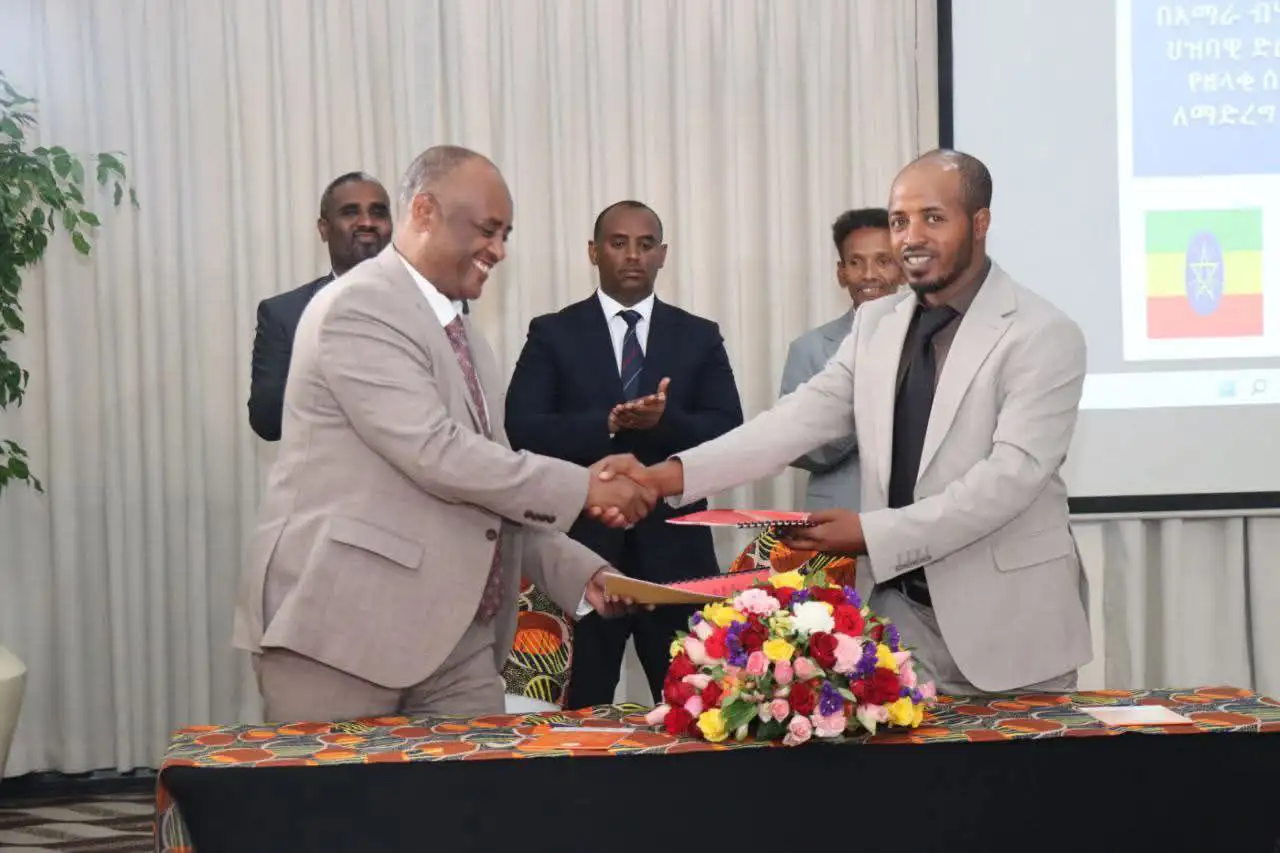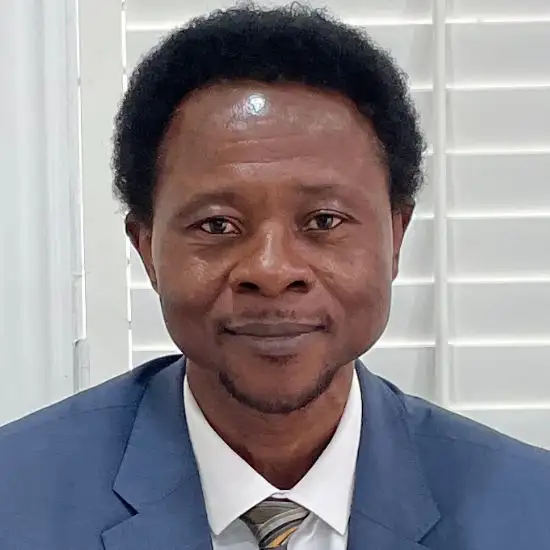By: Kassahun Chanie
The Ethiopian Broadcasting Corporation (EBC) has organised a half-day training session for its extensive workforce of over 2,500 employees, focusing on Ethiopia’s national interests and geopolitical stance. This initiative is part of EBC's broader commitment to equip its personnel with the knowledge necessary to navigate the complex and often tumultuous landscape of Ethiopian politics and society.
During the event, the newly appointed CEO, Biniam Ero, took centre stage to share his vision for the country's future. Addressing the assembled staff in a packed auditorium, CEO Biniam stressed the critical importance of fostering national peace and security, ensuring economic prosperity, and enhancing political capacity as foundational pillars for the nation’s development.
“Ethiopia is a country rich in potential,” Biniam declared earnestly, highlighting the paradox that often plagues its growth.
He pointed out that, despite the nation’s vast resources and opportunities, Ethiopia's journey toward development has frequently been hindered by external influences and internal challenges. “We have, at times, allowed our progress to be dictated by others,” he lamented, spotlighting the need for self-determination in shaping Ethiopia's future.
Using a compelling metaphor, Ero exemplified Ethiopia's plight of being a landlocked nation an anomaly for a country endowed with such a rich heritage and resources. “We find ourselves without access to the sea, a situation that historically has placed constraints on our development and made many of our endeavours more challenging,” he remarked, reflecting on the burdens that come with geographical and political limitations.
As the discussion deepened, Biniam offered a candid look into the multifaceted challenges that Ethiopia faces, both from within and outside its borders. “Our historical adversaries continue to present barriers to our national interests,” he explained, drawing attention to the geopolitical complexities surrounding initiatives such as the Grand Ethiopian Renaissance Dam (GERD), which the nation proudly completed last September. This landmark achievement stands as a testament to Ethiopia's potential, yet it also ignites controversies that require skilful diplomacy and national unity.
Furthermore, Biniam did not shy away from addressing the issue of security, pointing out that internal banditry and external threats pose significant risks to peace and stability. “In our quest for development, we must not have citizens who stoop to selling their loyalty for a mere meal,” he warned, underscoring the humanitarian aspects intertwined with national security.
The CEO also touched on the paramount importance of Ethiopia's strategic relevance on the global stage, elucidating how international dynamics can either buoy or hinder the nation’s strides toward resilience and growth. “State building will only be successful through open national dialogues and resolving differences in a civilised manner, where we must stand united as a nation,” he urged, calling for collective efforts to foster unity and cooperation.
In an emotional appeal, CEO Biniam emphasised the roles of poverty and backwardness in obstructing Ethiopia's potential for quick development.
He recognised that without good governance, the aspirations of the Ethiopian people remain elusive. “We have a historical responsibility to advance our nation’s development,” he asserted, reminding employees of their essential role in this transformative journey.
Highlighting the significance of media in this context, the CEO asserted that the corporation holds a vital position in addressing these pressing challenges. “Through informed reporting and critical dialogue, we can illuminate the path forward for our nation,” he encouraged, inspiring participants to embrace their roles as leaders in shaping public discourse.
As the training concluded, attendees left with a renewed sense of purpose and commitment toward understanding and enhancing Ethiopia’s geopolitical strategy, signalling a hopeful outlook for the nation’s collective future.




